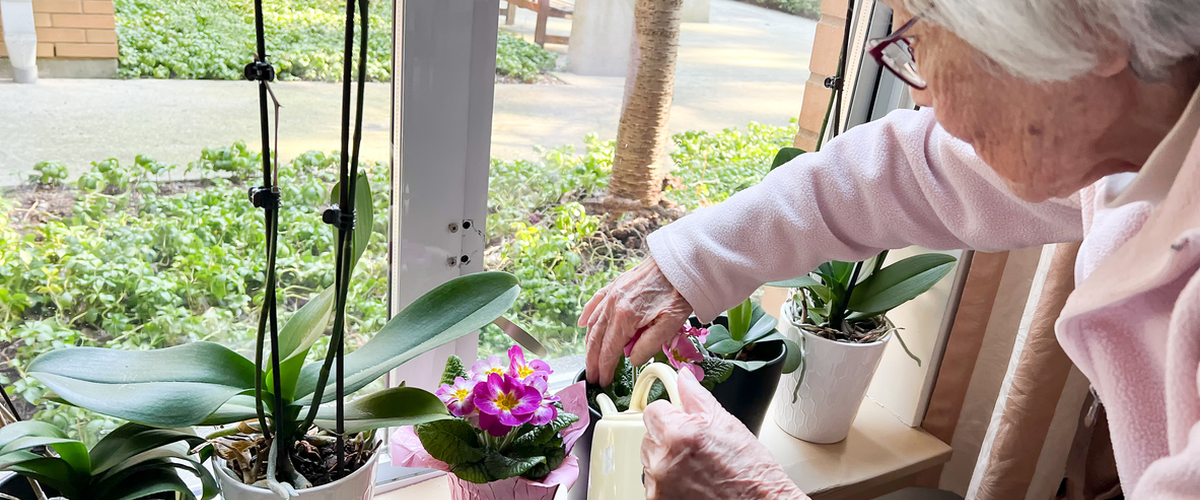Brightside Community Homes Foundation
Seventeen percent of all residents of public housing struggle to pay their utility bills and experience energy poverty. Seniors with low incomes can be particularly hard hit, with utility bills typically being their highest monthly expenditure after housing. By investing in affordable and energy-efficient housing, we can meet the critical needs of both the environment and the most vulnerable among us.
Brightside Community Homes Foundation (BCHF) is one of Vancouver’s largest and longest-standing housing societies, providing homes for more than 1,150 residents across the city. Seventy percent of BCHF residents are seniors, 20 percent are living with a disability and the remaining 10 percent are families. In March 2022, in partnership with the Government of Canada, GMF announced a $10 million investment to support BCHF in developing two six-storey buildings in East Vancouver that will include 157 units designated for low and moderate-income seniors and people with mobility challenges. The project will not only provide affordable housing for independent seniors, but it will also be one of the first Passive House-certified rental projects in Vancouver.
The International Passive House standard promotes resilient structures that can drastically reduce GHG emissions. The standard is recognized by the United Nations as the optimal way to build healthy, climate-resilient, affordable and energy-efficient buildings. This project will pursue Passive House certification through improved thermal envelope performance and natural shading to reduce the risk of summer overheating. With low window-to-wall ratios, triple pane non-metal frame glazing, and high-efficiency mechanical and electrical systems, the buildings will have overall lower heating and cooling demands—resulting in 50 percent less energy use and a 93 percent decrease in GHG emissions compared to conventional buildings in the city.
Construction is expected to be completed by spring 2024. The project will serve as a model for other energy-efficient projects currently in development by BCHF, and the organization will document and share the results and lessons learned across all stages of construction with funding partners and the community.
ANTICIPATED RESULTS:
- 50% less total energy use intensity (TEUI) than a typical building
- 93% reduction in GHG emissions
- 54% lower net energy use



